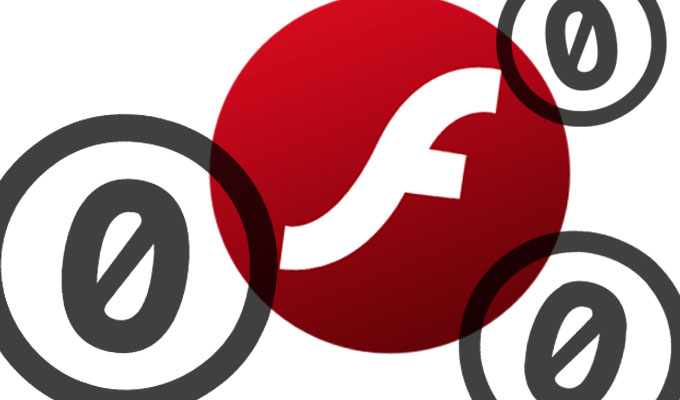
A zero-day vulnerability is being made use of in the wild in targeted attacks against Windows users in the Middle East, scientists alerted Thursday.The Flash Gamer vulnerability( CVE-2018-5002), a stack-based buffer overflow bug that could allow approximate code execution, was patched earlier today by Adobe. Adobe Patches Critical Flash Gamer Bug With Active Exploit Drupalgeddon 2.0 Still Haunting 115K + Sites Scientists Warn of Microsoft Zero-Day RCE Bug The vulnerability “enables a maliciously crafted Flash challenge carry out code on victim computers, which enables an enemy to carry out a range of payloads and actions,” researchers from ICEBRG’s Security Research Group, who was the first to report the found vuln, said in a Thursday post. It’s especially dangerous due to the fact that all that has to take place for the bug to be set off is for the victim to open a harmful file.According to Adobe, CVE-2018-5002 was discovered by scientists from a selection of companies, including people from ICEBRG; 360 Risk Intelligence Center of 360 Enterprise Security Group; and Qihoo 360 Core Security. < a href="https://www.icebrg.io/blog/adobe-flash-zero-day-targeted-attack?utm_source=twitter&utm_medium=social&utm_term=&utm_content=&utm_campaign=blogpost-adobe0day"> ICEBRG and Qihoo 360 both releaseded posts analyzing the new bug.The exploit uses a carefully constructed Microsoft Workplace document to download and perform an Adobe Flash make use of to the victims’computers, inning accordance with ICEBRG scientists. The documents were sent mostly via email, inning accordance with Adobe.First, the user would open a weaponized Shockwave Flash file.From there, the file downloads and executes the make use of to achieve code execution on the system.The file then executes shellcode, which calls out to the aggressors command and control servers and enables the danger actor to additional control the victim machine.”Usually, the last payload consists of shell code that supplies backdoor performance to the system or
stages extra tools,”ICEBRG scientists said.Both ICEBRG and Qihoo 360 found evidence that suggested theexploit was targeting Qatari victims, based upon geopolitical interests.”
The weaponized document … is an Arabic language themed file that professes to notify the target of employee income changes,”ICEBRG researchers said.” Many of the task titles included in the document are diplomatic in nature, particularly describing wages with positions referencing secretaries, ambassadors, diplomats, etc. “On the other hand, Qihoo researchers likewise stated that “all clues reveal this is a typical APT attack.””The assailant developed sophisticated strategies in the cloud and invested at least three months preparing for the attack,”Qihoo scientists stated.”The comprehensive phishing attack content was also customized
to the attack target.”Adobe handled another zero-day Flash vulnerability back in February, which was exploited by North Korean hackers.The business on Thursday also patched another critical vulnerability( )that allows arbitrary code execution; and 2″ crucial”vulnerabilities that might both lead to info disclosure, consisting of one( CVE-2018-5000)Integer Overflow bug and an Out-of-bounds read problem(CVE-2018-5001). Microsoft did not react to a demand for several demand for remark from Threatpost. The business posted a security update regarding the vulnerability on Thursday.”In order to secure themselves users need to right away update their Adobe Flash and disable macros in
Microsoft Office,”Allan Liska, threat intelligence analyst at Tape-recorded Future, informed Threatpost.